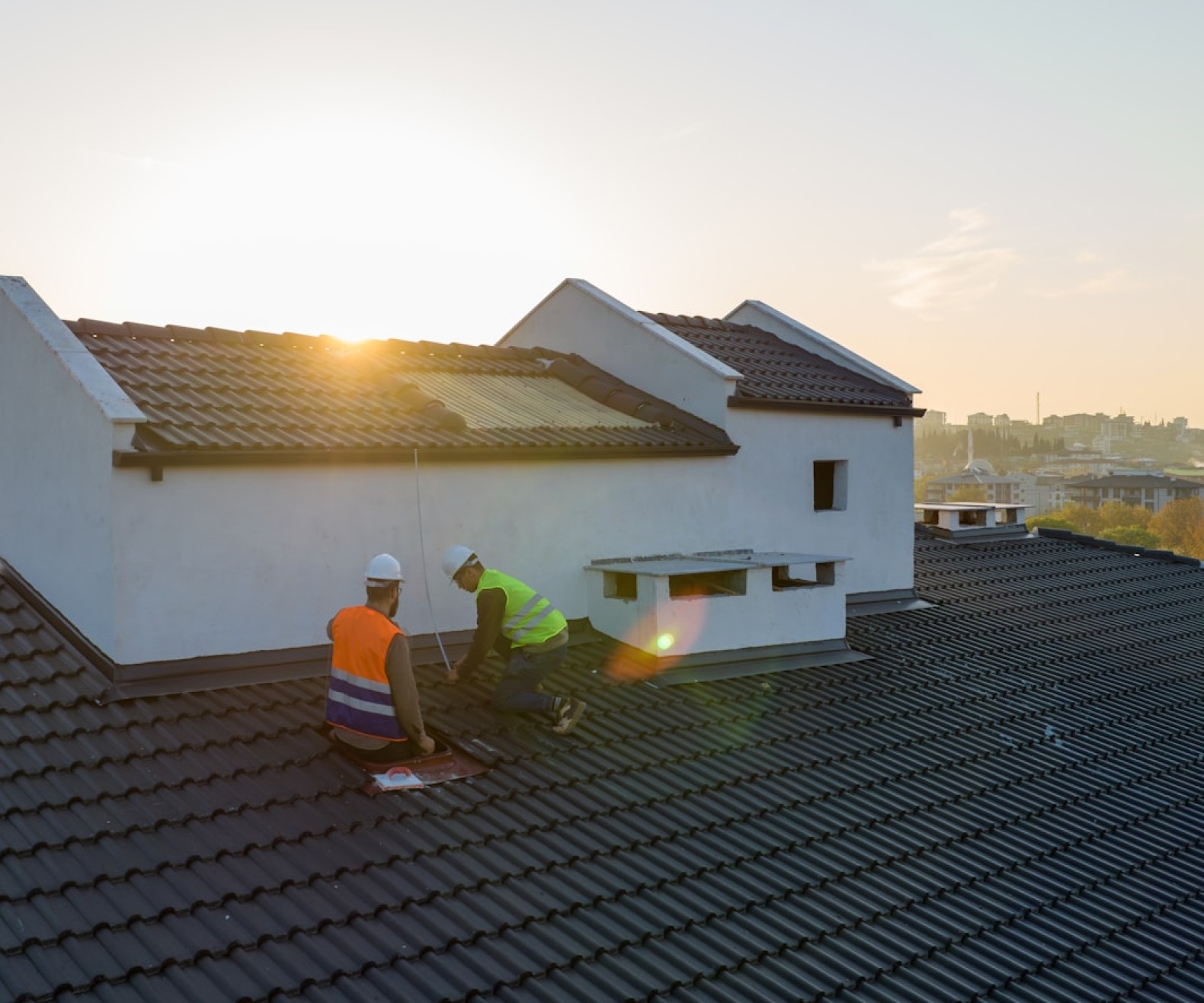Roof waterproofing
Why Roof Waterproofing Is Important
Roof waterproofing is a crucial step in ensuring that your home remains protected from the elements, especially water damage. By creating a waterproof barrier, you can prevent leaks, mold growth, and structural damage caused by water infiltration. This guide will walk you through the importance of roof waterproofing, how it's done, and why it's a necessary investment for your home. Waterproofing your roof is essential for protecting your home against the potentially devastating effects of water damage. Here’s why it matters: Waterproofing acts as a defense against leaks that can cause water to infiltrate your home, leading to costly repairs. A well-waterproofed roof helps to prevent this by creating a durable layer that keeps rainwater and moisture out.
How Roof Waterproofing Is Done
Roof waterproofing involves the application of various materials designed to create an impermeable barrier on your roof. Here's how the process works: The first step is an inspection to assess the roof's condition. Roofers will look for any existing damage, such as cracks, missing shingles, or wear in the roofing material, which might need repair before waterproofing. Once any necessary repairs are made, the roofing surface is cleaned to remove dirt, debris, and old coatings. This ensures the waterproofing materials adhere properly to the roof. Next, the waterproofing material is applied. There are several types of waterproofing systems, including liquid coatings, membrane systems, and bitumen-based products. The choice of material depends on factors such as the roof type, climate, and budget. The waterproofing layer is applied evenly across the surface, and it’s allowed to cure and bond securely. Some systems may require multiple coats for added protection. Finally, the roof is inspected once the waterproofing system has been applied. This ensures that there are no gaps or areas that might have been missed during application.
Choosing the Right Waterproofing Solution
When selecting a waterproofing solution for your roof, it’s important to consider factors such as: The type of roof you have (flat, pitched, etc.) The climate in your area (hot, cold, wet, dry) The condition of your roof (whether it needs repairs before waterproofing) Your budget, as some materials may be more expensive than others It’s best to consult a professional roofing contractor who can assess your needs and recommend the most appropriate waterproofing solution for your home.



